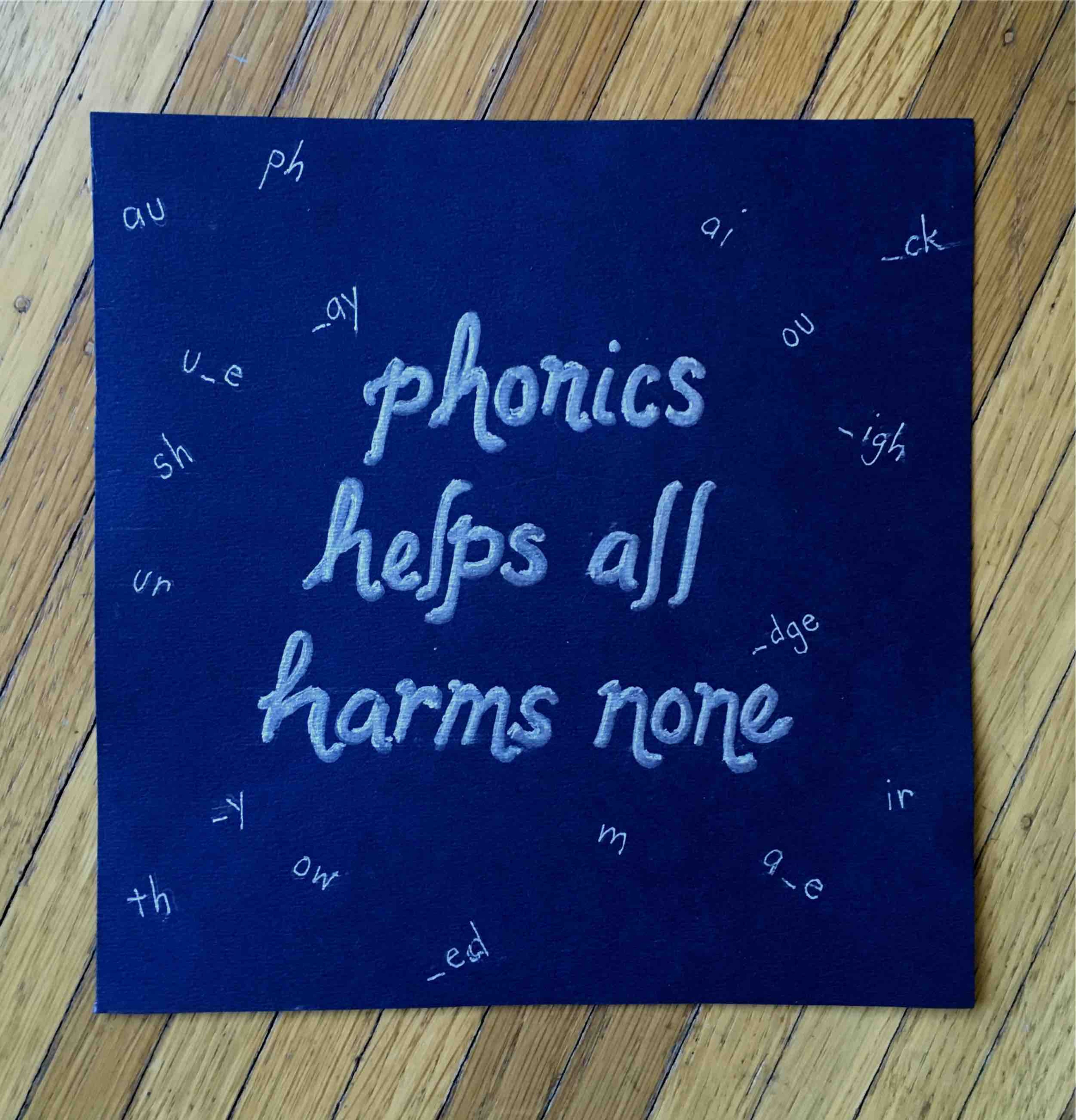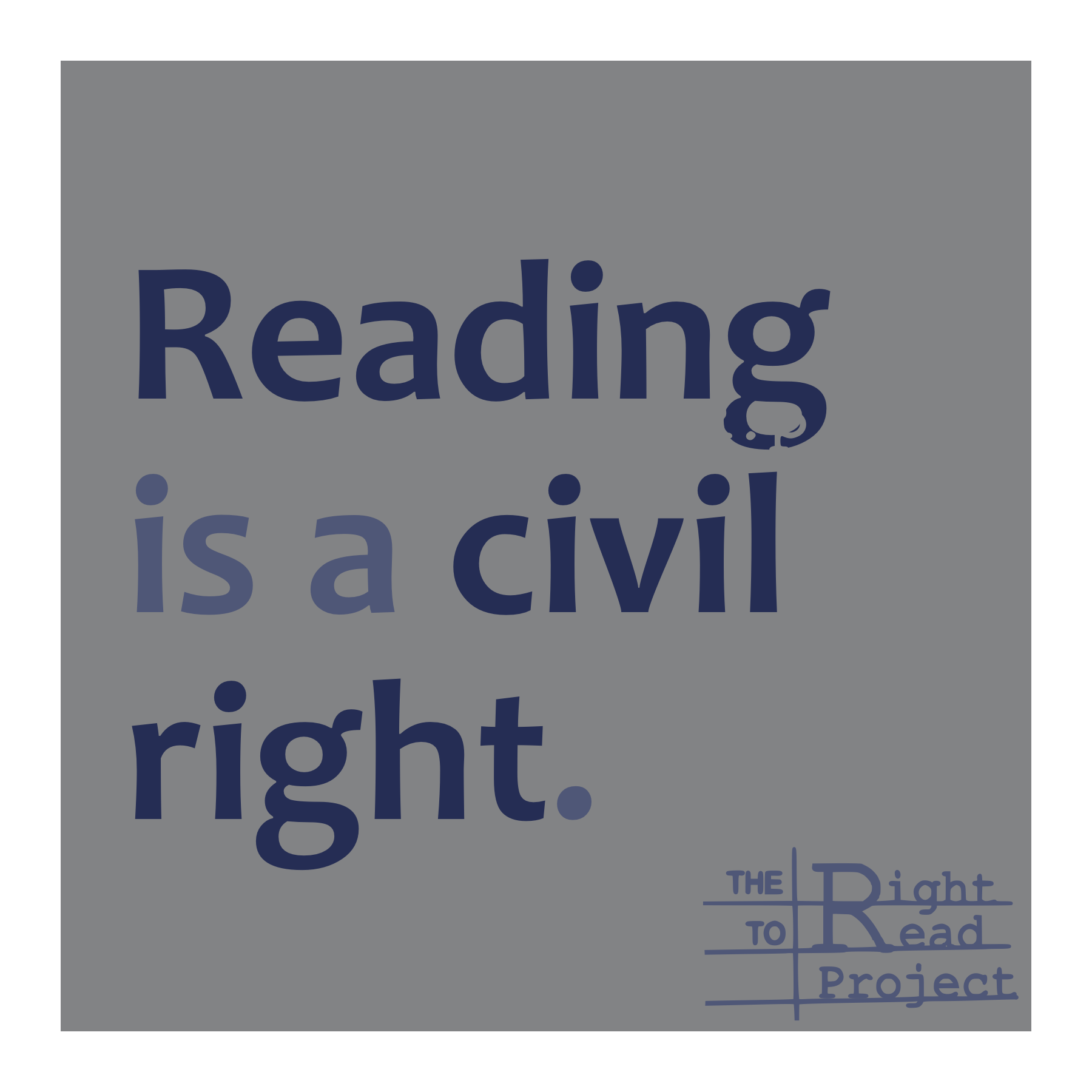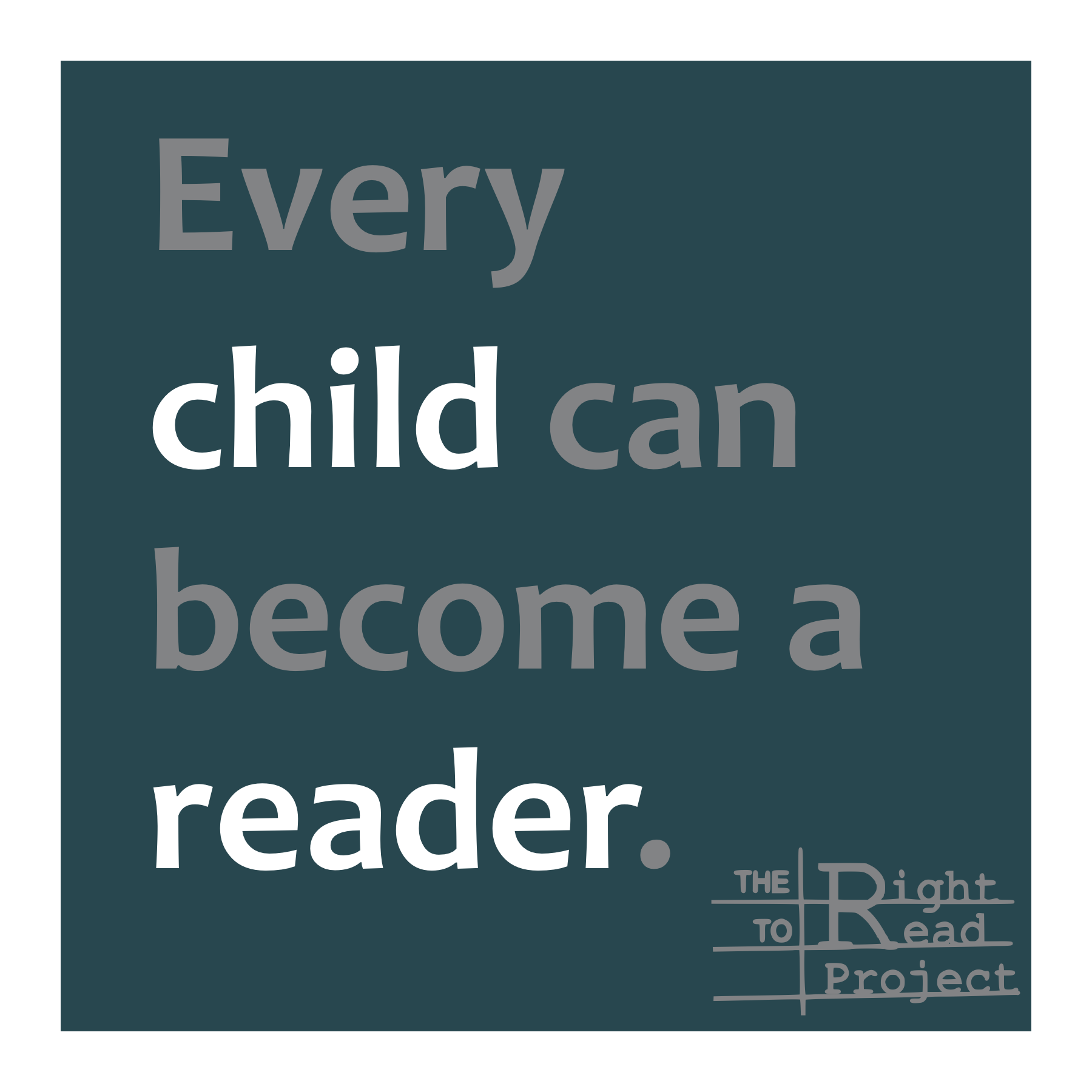Teacher (in a panic): “It can’t be wrong.” Me (softly): “Why not?” Teacher: “Because if it’s wrong and I’ve been doing it for years, then what does that mean for the kids?” Me: “I know, but another teacher said to me, ‘What about the kids we haven’t had yet?’” To consider that we may be wrong is scary. In her TedTalk, On Being Wrong (https://bit.ly/31o0V1o) Kathryn Schulz asks the audience:
Race, Class, and Reading Research
First, a little context: I am a white literacy coach in a large urban district where half the teachers are of color. When I began my job, I believed that my focus on evidence-based reading instruction, good intentions and belief that all students can learn would make me well-equipped to bring research to our diverse staff. How naive I was! Entering this work, I was blind to biases that permeate
Teachers Won’t Embrace Research Until It Embraces Them
I understand why advocates, researchers, and policymakers who feel the urgency of our literacy crisis are frustrated when teachers don’t embrace reading science. But my entry into the world of reading research was difficult, and while I take pride in my determination to learn, I understand why other teachers might be deterred. If we want teachers to apply research, it may be helpful to think about why they aren’t. I’ll

Phonics Instruction: Helps All, Harms None
The Wait and See Approach: While some students crack the alphabetic code with minimal or even no instruction, others require systematic phonics reinforced by decodable texts to become skilled readers. The catch is that when students enter school, we don’t know for whom code-based instruction will be essential. We can wait and find out, and in fact, we do this so often that the approach has a name, “wait to
Reading Science: Not Just Phonics
From What Is the Science of Reading? Shanahan on Literacy: Teacher question: I keep hearing that teachers don’t know the science of reading. But all the teachers that I talk to say that they teach phonics. What’s really going on? In his blog, Shanahan does a wonderful job of explaining that the science of reading covers more than phonics, and his post has already come in handy for us because








